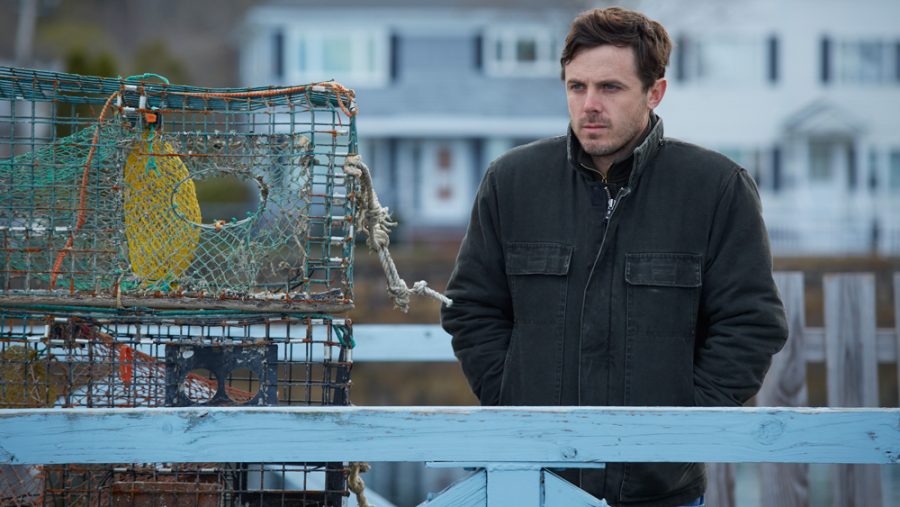NYFF Week 2: The Contrasting Reasons for Sadness in Daily Life
“Manchester by the Sea,” starring Casey Affleck, is one of many tragic films featured in the 54th New York Film Festival.
October 5, 2016
While documentaries tend to speak to the present, few in recent memory seem more relevant or important than Ava DuVernay’s “13th,” which opened the New York Film Festival on Friday. Taking its name from the amendment which abolished slavery, DuVernay’s work traces the ways in which systematic oppression did not dissolve in 1865 but evolved; first into Jim Crow laws and more contemporarily into the mass incarceration of people of color and the militarization of the police.
The film is mostly comprised of talking-head interviews with the likes of “The New Jim Crow” author Michelle Alexander, Senator Corey Booker, Former Republican House Speaker Newt Gingrich and Social Justice Lawyer and NYU professor Bryan Stevenson, as well as heartbreaking visual lateralization of overused, racialized phrases, particularly modern uses of “criminal.”
While “13th” has a jarring tendency to jump back and forth between narratives and decades, it does well in clearly illustrating how Presidents Nixon, Reagan, H. W. Bush and Clinton helped form oppressive laws targeting black communities, most famously regarding the imbalance of punishment for cocaine possession. Unsurprisingly, over time corporations got involved, making our current forms of oppression both racially and economically charged — though this unholy marriage is nothing new.
In light of events in Tulsa, Charlotte, San Cajon and the rise of Donald Trump, DuVernay’s documentary offers the perfect voice to not only brew frustration but urge change.
In contrast, Jim Jarmusch’s “Paterson” seems from a different place and time. The writer-director’s usual serene, surrealistic style is instead very keyed in on Paterson, New Jersey and a time of yesteryear. Following bus driver Paterson (a comically reserved and wonderfully somber Adam Driver) and his lovely, warm wife Laura (Golshifteh Farahani), Jarmusch creates a neighborly and kind blue-collar town out of a city that’s actually far rougher in real life.
Paterson, which is indeed his real name, goes through the same motions every day in a muted manner, and his poetry — his passion — colors the film with lyricism and an ethereal beauty. Despite how solemn simplicity can be, it’s in this daily repetition that Jarmusch and the viewer can find great spiritual meaning.
Then there’s Casey Affleck taking center stage in Kenneth Lonergan’s “Manchester by the Sea.” This film is so obsessed with tragedy and grief that if it weren’t for moments of brilliant, awkward comedy the weight of misery might threaten to crush moviegoers. Affleck is the source of both tribulation and hilarity, portraying the reticent, haunted Lee Chandler, who’s forced out of hiding in Boston when his brother (Kyle Chandler) passes away and he’s tasked with taking care of his 16-year-old nephew (Lucas Hedges).
Chandler’s source of sorrow isn’t disclosed until later in the film, yet Affleck eloquently telegraphs his character’s inner turbulence through sighs and sober looks, delivering crass lines with a dry and well-meaning intonation. Much can be said for Lonergan’s writing, which perfectly manifests to the way grief-stricken memories can infiltrate and infuse daily life, as the story is often suddenly thrown into a flashback that offers background and depth for Chandler’s struggles.
Sadly, the film’s length holds it back, becoming a rambling story that seems to barrel on rather than offering honest developments. It’s in the final stretches of the narrative when Affleck shines brightest, offering a beautiful and understanding articulation of anguish and self-punishment.
Email Ethan Sapienza at [email protected].




























































































































































